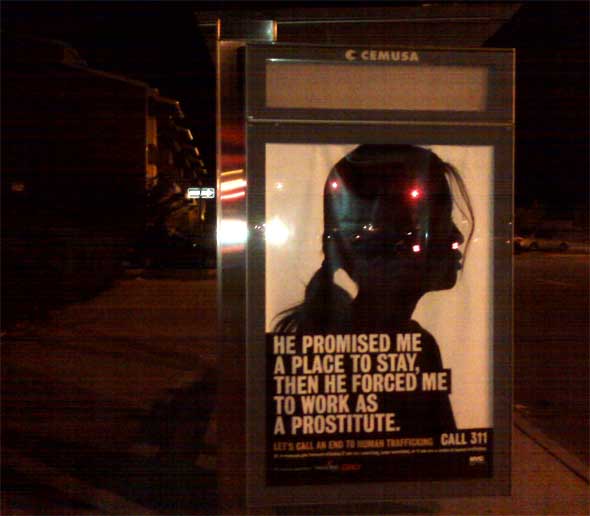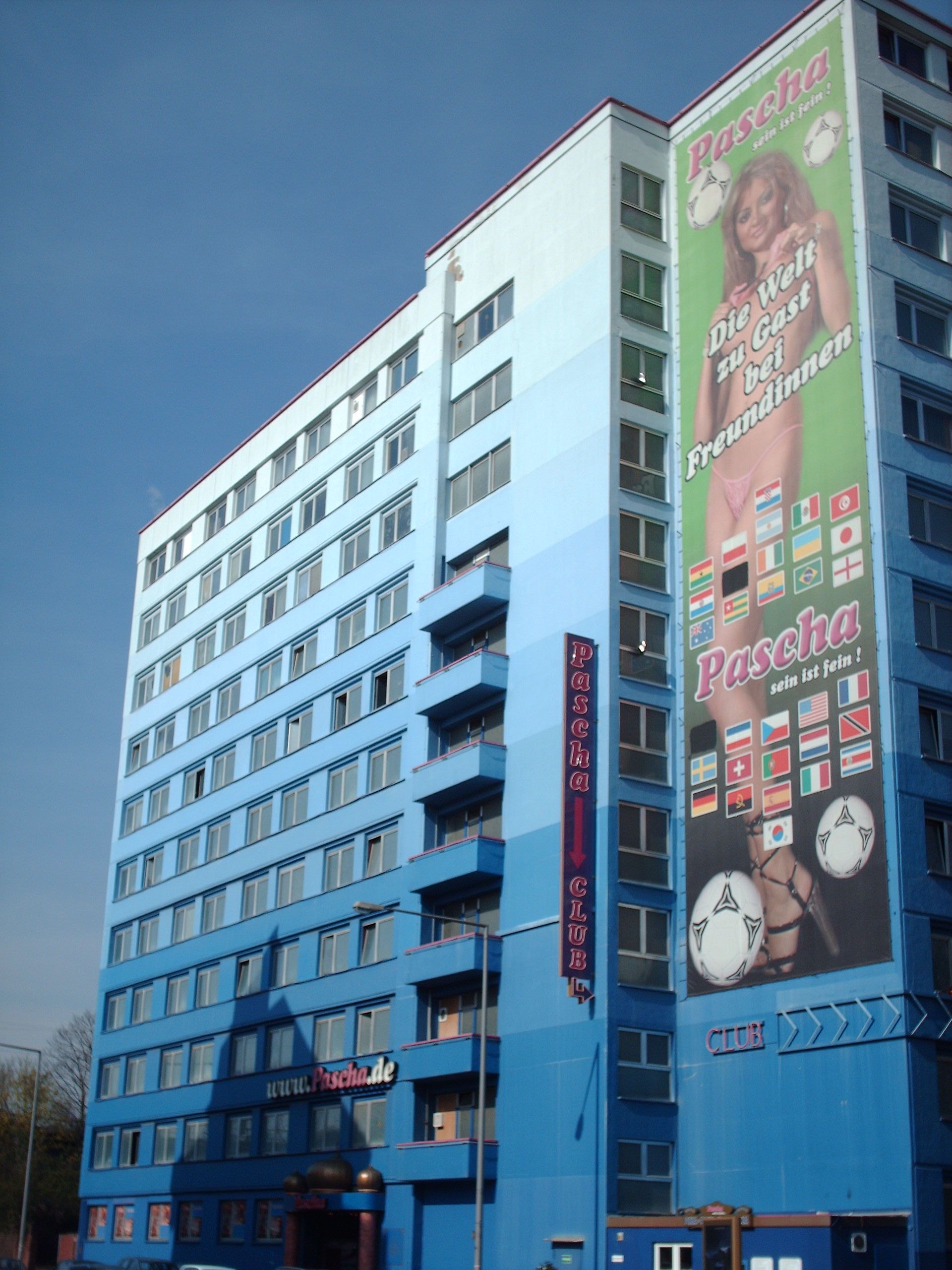Running a website with erotic advertisements as sex trafficking: the mind boggles at how anything connected to the sex industry can now be given the scary label trafficking.
In the USA, where Craigslist is headquartered, the website’s advertisements for paid sex are causing a furore amongst moral entrepreneurs who want the ads stopped on the grounds that ‘child sex trafficking’ is going on. C raigslist and the sex trade shows a cnn reporter attempting to make the owner of Craigslist himself personally responsible, pointing at ads, challenging him to explain. Some of this resembles scapegoating, the desire to find a single responsible villain for a Great Social Evil, implying that stopping this advertising would be a significant battle against it.
raigslist and the sex trade shows a cnn reporter attempting to make the owner of Craigslist himself personally responsible, pointing at ads, challenging him to explain. Some of this resembles scapegoating, the desire to find a single responsible villain for a Great Social Evil, implying that stopping this advertising would be a significant battle against it.
The fear fueling this campaign is captured in one NGO’s statement that An estimated 100,000-300,000 American children are at risk for becoming victims of commercial sexual exploitation. This figure is not even an irresponsibly extrapolated number of victims, which we are now used to, but an estimate of how many might be vulnerable. The cnn reporter describes the torso-photo in one ad as young-looking. Such imaginings are not the basis for policy! And note that where there would have been a distinction in terms not long ago (commercial sexual exploitation v trafficking), now there is not. Everything becomes trafficking.
The argument against stopping all commercial sex ads centres on freedom of expression/information, a key principle in human rights law. This principle takes in written, oral and print media, including the Internet, and covers not only the content but the means of expression. Of course there are situations meant to override this freedom, nowadays usually called Hate Speech, the Harm Principle and the Offence Principle. One could certainly make a strong argument that sex ads are harmful if one could prove that all those running them were criminals forcing other people to perform sex acts against their will. To do that would require real evidence, not panicky guesses about young victims. Not scare tactics.
Another aspect of this crusade is about something else: the ‘accusation’ that Craigslist is like Wal-Mart. This appears to be hostility both to big profits and a comparison with Wal-Mart’s unadorned, high-volume, warehouse-like style. Or perhaps it refers more to Wal-Mart’s legendary lack of social consciousness, poor community relations, environmental disinterest, use of badly paid foreign labour and so on. The problem is: Wal-Mart is also enormously popular. Would a personalised boutique style make Craigslist more acceptable?
Some of the ads on Craigslist might be the work of bad people. The ways they might be bad range from taking too much of the money a worker earns right through to kidnapping and slavery. But should the possibility that bad things could happen be allowed to justify shutting down all the ads, including those placed by competent adults? See Amanda Brooks on that.
Classified adverts are the subject of a similar crusade in Spain at the moment. In that case, mainstream newspapers are the accused businesses, but the issue is just the same.





